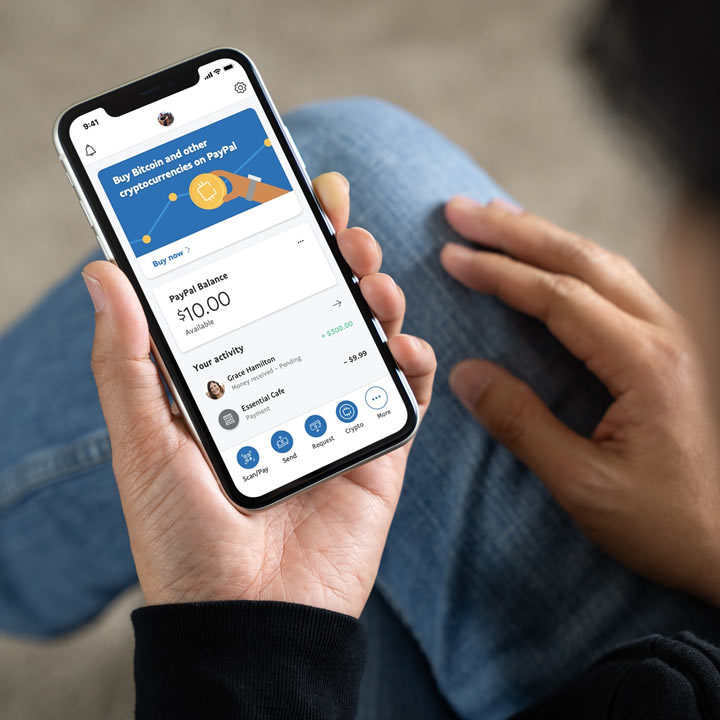These days, smartphones have become such a major part of our daily lives that it’s hard to remember what things were like before them. If we need to find our way around, it’s straight to our phones to look at maps.
If we’re trying to organize things with friends, it’s as simple as opening a group chat and instant messaging them.
Smartphones are so widespread now that more than 80% of the world’s population has one, which is truly incredible to think about. We’ve now even seen it come full circle, with Google taking it all the way back to 1990 and introducing their own version of a flip phone smartphone.
It’s especially incredible when you consider the fact that just ten years ago, these devices were seen as a luxury. Today they’re so common that being without one would make a lot of people feel helpless.
Smartphones and Entertainment
Instant access to entertainment has been one of the biggest impacts of smartphones on our lives.
Whereas before most people had a TV or computer as their primary means of entertainment, smartphones allow us to enjoy the latest films, shows, books, music, and games anywhere we like.
This includes playing Pokemon, quizzes, and even mobile casinos online, which are all available through apps and mobile browsers.
Apps have helped to make smartphones more useful, allowing us to download and install countless ways to entertain ourselves.
However, even without apps, our smartphones are powerful multimedia devices, capable of streaming high-definition videos and other forms of media which we can access while on the go.
This makes entertainment far more accessible to all and removes the limits on when and where we can enjoy our favorite media.
Improving Efficiency with Smartphones
Of course, this technology hasn’t just helped us to have more fun. Smartphones are also great at improving workflow and efficiency.
There are countless tools and apps you can use on your phone to help you focus on managing your time better. For example, the app Forest helps you avoid using your phone for 25-minute intervals and provides incentives by letting you earn coins to plant real trees.
We also use our smartphone’s search for everything, helping to reduce time spent browsing lots of different options. Voice search is another major feature that prevents wasting time and allows anyone to search quickly and without hassle.
You can even set up your phone to read things aloud, so you can concentrate on two tasks at once.
Issues with Smartphones
While there’s little doubt that smartphones have helped make our lives easier in some aspects, there are some issues with them too.
The temptation to procrastinate with our smartphones is much higher than with a regular phone, especially considering that there’s so much entertainment and media available at our fingertips.
The act of ignoring important things in favor of looking at your phone is known as phubbing and it’s a real issue for some people.
There’s even been research done into smartphone addiction, where people neglect everything else to stare at their phone all day, and it’s possible that it could be an indicator of other issues too.
Outside of spending too much time on our phones, some people believe that having a device with a camera and microphone that we carry around with us could have implications for privacy.
The reality is that our phones are capable of collecting a vast amount of data on us, and in some cases that may be sold to advertisers.
Final Thoughts
The way in which smartphones have gone from being a luxury item to being owned by 80% of the world’s population is incredible. It shows just how quickly our society has developed technologically and it’s opened up new forms of entertainment and efficiency.
However, could it also have developed too fast?
For some people, smartphones are more of a curse than a benefit and it’s important to use them responsibly.

